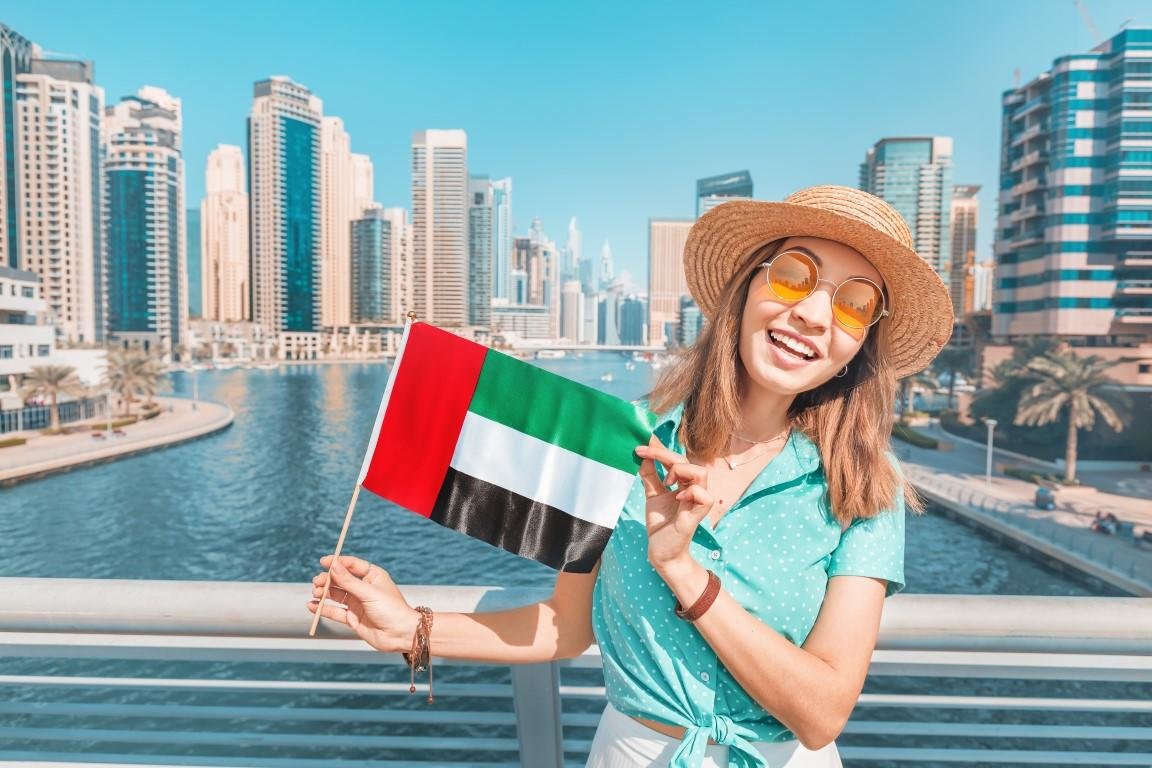
How Dubai is moving from Boom Town to Boomer Town
“Okay, boomer.” On more than one occasion I’ve had that sarcastic label thrown at me by my teenage offspring, all the more stinging for the fact I’m not actually that old.
For the record, baby boomers were born between 1946 and 1964 and are currently aged between 56 and 74 years-old; despite appearances I don’t quite qualify for that club yet.
But now Dubai is set to redefine that eye-rolling trope by celebrating age and shouting out “Okay, boomer” with all the enthusiasm of Robin Williams in Good Morning Vietnam – a film reference that predates most Gen Z’s existence.
Last month, Dubai launched its new retirement programme, which includes a renewable five-year visa for resident expatriates and foreigners over the age of 55 providing they meet one of these criteria: a monthly income of AED20,000 (approximately $5,500); AED1m ($275,000) cash savings in the bank; or a property worth at least AED2m ($550,000).
Retire in Dubai, the first of its kind in the region, is being spearheaded by Dubai Tourism in collaboration with the General Directorate of Residency and Foreigners Affairs (GDRFA-Dubai).
In the latest issue of Arabian Business, we unpack what Dubai’s aim to become Boomer Town means for the economy of the emirate. Nabila Rahal explores what the new visa means to those owning property, especially at that AED2m price point, and whether retirees can drive a resurgence in the embattled market.
In the UK, Alicia Buller asks whether pensioners in the United Kingdom could realistically consider spending their golden years in the sun, and James Mathew in Mumbai looks at how the Indian NRI community have responded to the news.
We also look at what it could mean for the medical community, and ask the key financial question: “So just how much do you need to retire in Dubai?”.
How much is enough?
That question has already attracted diverse views on social media. But for the naysayers, consider how powerful an economic force the pensioner has become. A report by private equity firm ECI recently pegged the “grey pound” in the UK as now accounting for GBP320bn (AED1.5bn) of annual household spending, with the over-50s holding over three-quarters of that nation’s financial wealth. Or consider that in the US retirees held an average of $1.12m (AED4m) worth of assets, according to the Federal Reserve of St Louis figures.

So, there is financial logic to Dubai’s move. But I wonder if the real value to the emirate could prove to be more than money?
Home is where the heart is, but what happens when the heart can’t stay where it wants? Until now there has always been a clock ticking for the majority of expats for whom Dubai’s “golden visa” for investors was always going to be out of reach. But now, especially for those with property in that AED2m price bracket, another option presents itself, which could be as emotionally significant as it is financial.
What impact will that change of mindset have for the incumbent expat population if the clock is no longing ticking? Will you be more motivated to invest in Dubai? Will it help you decide to launch that business? Or will it make you more motivated in your career or job, knowing that perhaps it can lead to a permanent life in the city?
It sometimes feels that expat life can seem like a land grab exercise, earn as much as you can as quickly as you can and then remit it before you spend it. But would the prospect of retiring in Dubai change that? It’s not citizenship for sure, but it is the right to remain.
For too many, of course 2020 has meant an involuntary return to the land of their birth as the pandemic swept through the job market. For those that remain perhaps the prospect of that, or at least having to consider it, has put into perspective all the fruits that Dubai does have to offer.
There have always been those with their cases packed by the door, ready to return when the Dubai dream comes to an end. Perhaps now they might begin to think about unpacking and looking longer term.











